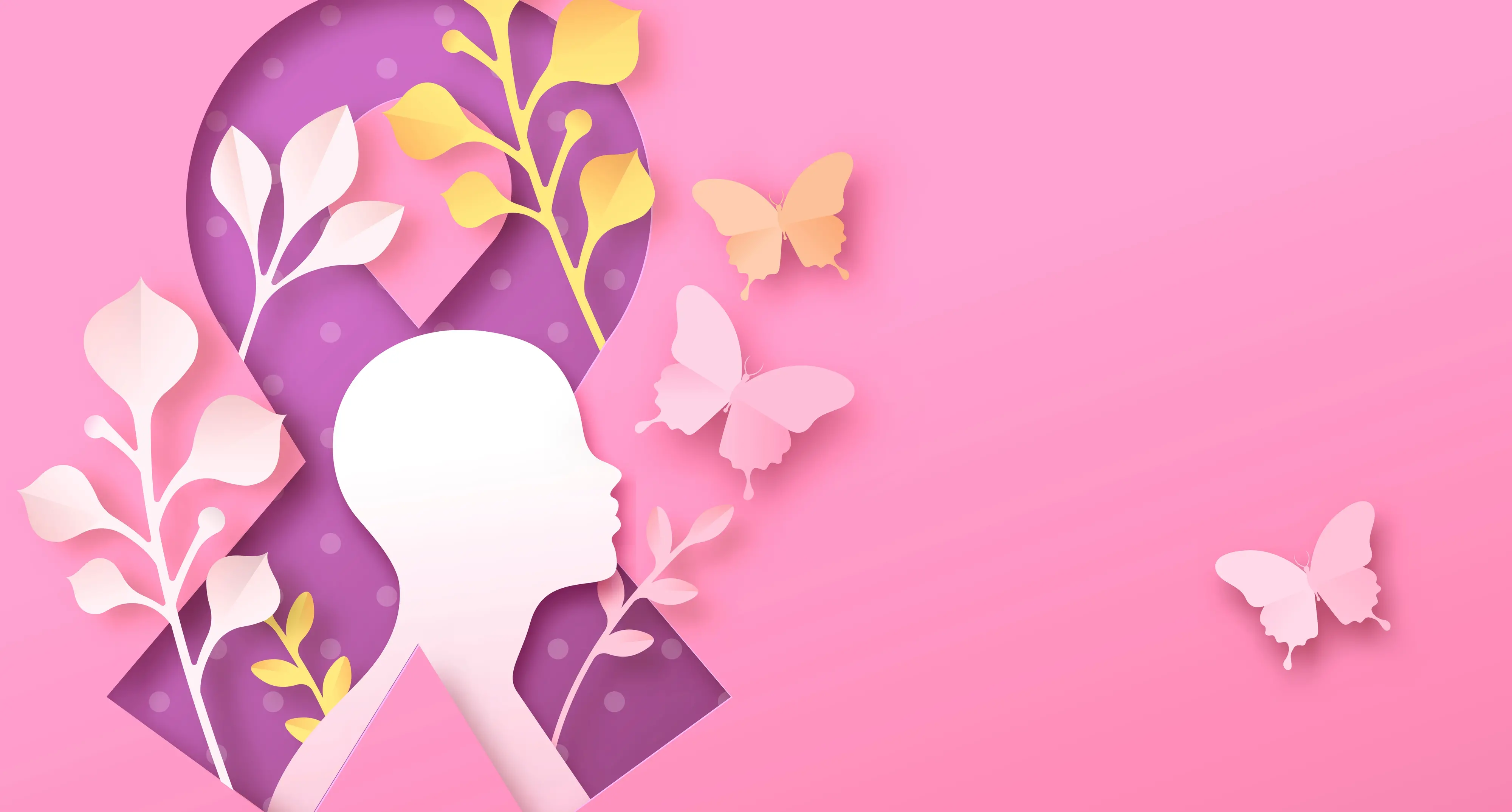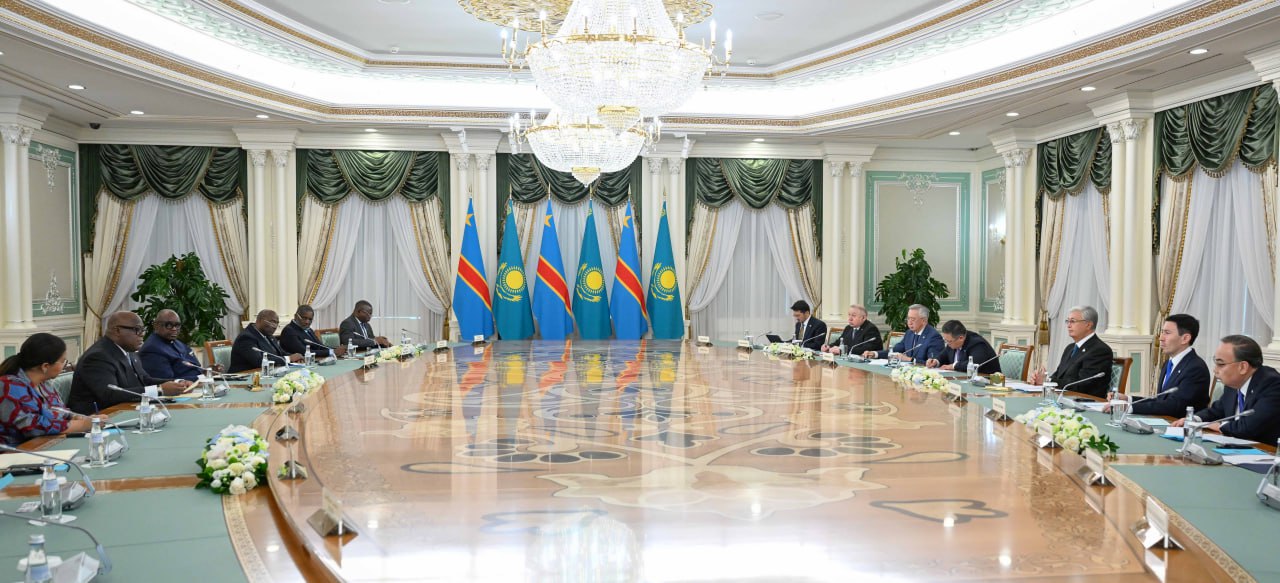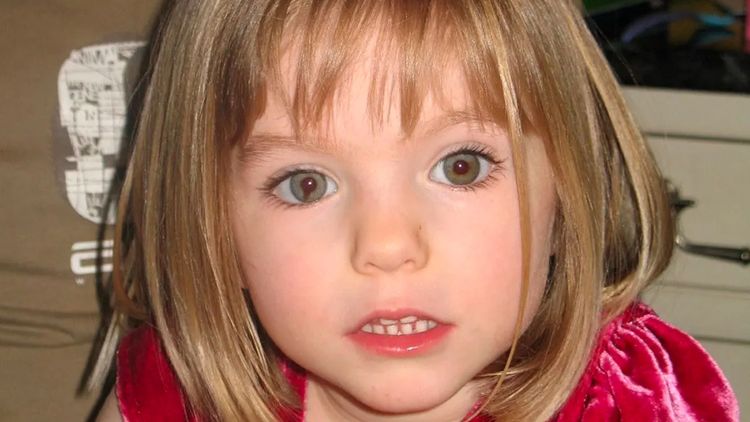By Eliana Jordan
Copyright thejc

When the free NHS Jewish BRCA Testing Programme was launched in January 2023, its goal was to register at least 18,000 people with Jewish heritage for genetic testing. A year and a half into the programme, whose simple at-home saliva tests can offer crucial information about a person’s predisposition to certain cancers, and the number of signups is nearly double the target. But this referral-free initiative’s Halloween deadline is fast approaching, and that number represents only 10 per cent of the estimated 400,000 people in the UK who have a Jewish grandparent – the test’s minimum eligibility requirement. The BRCA gene fault, a hereditary mutation that afflicts one in 40 Ashkenazi Jews and one in 140 Sephardi Jews – compared to one in 250 of the general population – significantly increases the risk of developing certain cancers, especially breast and ovarian cancers. Getting tested allows people to identify whether they’re at higher risk of cancer and take the necessary early steps to prevent it. [Missing Credit] Jnetics and Chai Cancer Care, Jewish support organisations for BRCA survivors and community engagement partners for the NHS programme, are urging anyone who fits the criteria to avail of the test before its October 31 deadline. The decision could be – and certainly has been – the difference between life and death. The risk of developing breast cancer is roughly 70 per cent for women with the BRCA fault, more than six times the risk for women without. Ovarian cancer, which afflicts just 1.5 per cent of women in the general population, is up to 44 per cent as likely to afflict women with the BRCA fault. Equipped with this knowledge, BRCA-positive women are entitled to regular screenings starting from a younger age to detect breast cancer as early as possible, but in the longer-term many women opt for risk-reducing or “preventative” surgeries, usually to remove their breasts (mastectomy) and/or their ovaries and fallopian tubes (salpingo-oophorectomy). Breast Cancer awareness month greeting card illustration of 3D papercut female group faces. Pink cutout with paper craft young woman team for health prevention event in october.[Missing Credit] Although these procedures can be emotionally and physically challenging, having the option to pursue them gives BRCA survivors agency in the face of what can be a frightening genetic diagnosis. “Finding out you carry the BRCA gene can be life-changing,” said Victoria Portnoi, CEO of Chai Cancer Care. “For some, it leads to preventative steps – for others, it means ongoing monitoring.” There is no one-size-fits-all approach to a positive BRCA diagnosis, Portnoi said, and organisations like Chai offer a gamut of services to help people determine what works for them. From one-to-one counselling for individuals, couples and families to support groups for those with cancer and those without, “Clients have the chance to discuss the implications of being tested, empowering them to make informed decisions on what is right for them and their family.” Here are three women at different stages of their BRCA journey. Emma, 28 My mum got diagnosed with the BRCA gene when I was about 14, which was how we discovered that we have Jewish heritage. After she learned that being Jewish puts you at higher risk for the gene mutation, she did some digging in our family history and found out that my great-grandmother was Jewish – she was a cleaner for a Luftwaffe pilot, who fell in love with her and forged her papers so they could marry. My great-grandmother been very secretive about her Jewishness and used to go into the attic to do Shabbat. Once mum found out about that, she decided to connect with her Judaism. I got tested around November 2021, before the NHS brought in the free gene testing programme. There was a lot of cancer in our family already, and especially with Mum’s BRCA1 diagnosis, there was no fight with the GP to get forwarded for testing. Just before Christmas, I received a diagnosis of BRCA1, as did my younger sister. When I met with a genetic counsellor to discuss my diagnosis, she said they don’t typically do any preventative surgeries until you’ve completed your family. I had no children at the time, so I chose to ignore it for a while. [Missing Credit] My husband and I then had our son a few years later, but I still wouldn’t be thinking about preventative surgery for another while if my mum hadn’t been diagnosed with triple negative breast cancer last month. She’d discussed preventative surgery with her doctor when she first received her BRCA diagnosis, but she chose not to go through with it. Could mum have avoided her breast cancer diagnosis if she’d gotten the surgery years ago? Since then, my husband and I decided we’re not going to continue having children and I’ll get preventative surgery as soon as possible. I had an appointment with my genetic counsellor again and she they don’t really advise getting surgery before 30, but I’m hoping they’ll let me because I don’t feel comfortable waiting another few years. To anyone who is eligible for the free BRCA testing I would say: don’t waste time. Just do it, especially now, while the NHS is still offering to test you without having to go through loads of hoops, like some other people have had to do to get tested. Even if you end up with a negative diagnosis, which is obviously great, it’s better to know and have the option to do something about it if you want to. My anxiety increased quite a lot when I found out about my BRCA mutation, but I would probably have more anxiety getting diagnosed with cancer some years down the road, wouldn’t I? Jess, 34 Although I didn’t have any family history of breast or ovarian cancer, I was curious to sign up for the BRCA test as an opportunity for extra knowledge. In January I received a letter telling me I had the gene mutation, and I was completely overwhelmed – I don’t think I fully understood the enormity of what it meant when I signed up. I had to go back and refresh my memory of what having the BRCA gene fault actually meant, and then a bit of panic set in: am I going to get cancer? What does this mean for me and my family, for my daughter? My husband and I were trying for a second child at the time, so we were worried about all the tests and monitoring I would need and what it would mean for any future children we might have, so we put those plans on hold while we went through the decisions we would have to make. After doing a lot of research and speaking to the genetic counsellors at Chai Cancer Care, who helped me digest the emotions I was struggling with, we decided to continue our plans to finish our family and then go down the preventative surgery route later, which is the safest option in the long run. Until then, I’m getting yearly breast exams and staying alert for any changes by regularly checking my breasts myself. Breast Cancer awareness month greeting card illustration of pink woman body doing self examination with 3D paper craft flowers. Disease prevention concept for october campaign.[Missing Credit] I urge anyone who’s eligible to sign up, even if you don’t have a family history of these cancers, because you could still be carrying the gene. Before my diagnosis I heard about that ‘one in 40’ statistic and thought, ‘it probably won’t be me’, but I have four sisters who all got tested after me, and it turned out that four of the five of us have this gene mutation. Fortunately, we’ve all been able to take steps to find out what’s best for us, and two of my older sisters have already gone down the preventative surgery route. But even if you’re like me and you’re not ready to take those preventative measures, it’s still worth getting tested so you can receive the support and monitoring that you’re entitled to if you do have this gene mutation. My diagnosis really pushed me to be more alert to my own mental and physical health, making sure that I’m fully equipped to deal with whatever this gene mutation throws at me further down the line. Katie, 36 My mum died of breast cancer when she was just 35. She’s of Ashkenazi descent, so it was kind of assumed that she had the BRCA mutation, but this was in the 90s – before they began testing for the gene fault. I avoided getting tested for a while because I just had a hunch that I’d be BRCA positive and I didn’t want to know. Eventually I got the test – a little over ten years ago, when I was in my twenties – but I wasn’t ready to take any preventative measures right away. It was only after I had my second child at 33 and then stopped breastfeeding that getting a mastectomy became a real certainty in my mind. I didn’t want this fear hanging over me any longer, and I wanted to be around for my kids. Still, I had a couple of months after my first appointment with the surgeon where I felt very anxious. I hadn’t had any MRIs or screenings during the time that I’d delayed surgeries, when I’d been either pregnant or breastfeeding, so for a while I was convinced I’d left it too late: I was going to have cancer, and that was that. But I received some great support from Chai Cancer Care and felt much stronger by the time I actually went into the surgery. Because I’ve breastfed for quite a few years and my breasts were really large, my mastectomy was split into two procedures – in December 2023 and then in June 2024 – to reduce the risk of complications. [Missing Credit] Getting my breasts removed hasn’t impacted how I look at my body in the way that I would’ve expected. I wasn’t too keen on my breasts beforehand, so I’m actually quite happy with my new boobs, and honestly, giving birth to two kids changed my relationship to my body more than the mastectomy did. Now that doctors are telling me I should have my ovaries removed, I’m starting to wonder whether I’m sure about not having another kid. It’s one of those things where, in the back of your mind, you always think, ‘I still have more time, maybe I’ll have a pregnancy later in life.’ But once you get this surgery, that possibility is gone. I think I’m considering a third child where maybe I otherwise wouldn’t. When my mum was diagnosed with breast cancer, the connection to the BRCA gene fault wasn’t widely known information and people weren’t being tested for it. If they had, things would have turned out very differently for us. Even if she’d only gotten BRCA tested when she was first diagnosed with cancer, they could have done a full mastectomy as a precaution against recurrence, whereas instead they gave her a lumpectomy and radiotherapy and then the cancer came back, and it was too late. I wasn’t sure whether I wanted to find out if I had the BRCA gene mutation originally, and I’m sure plenty of people would rather not know. You bury your head in the sand a bit, right? But ignorance is bliss until it’s really not, and I do think things would have turned out very differently for my mum if the knowledge had been there before. Sign up is available for the NHS Jewish BRCA Testing Programme until 31 October, 2025.



